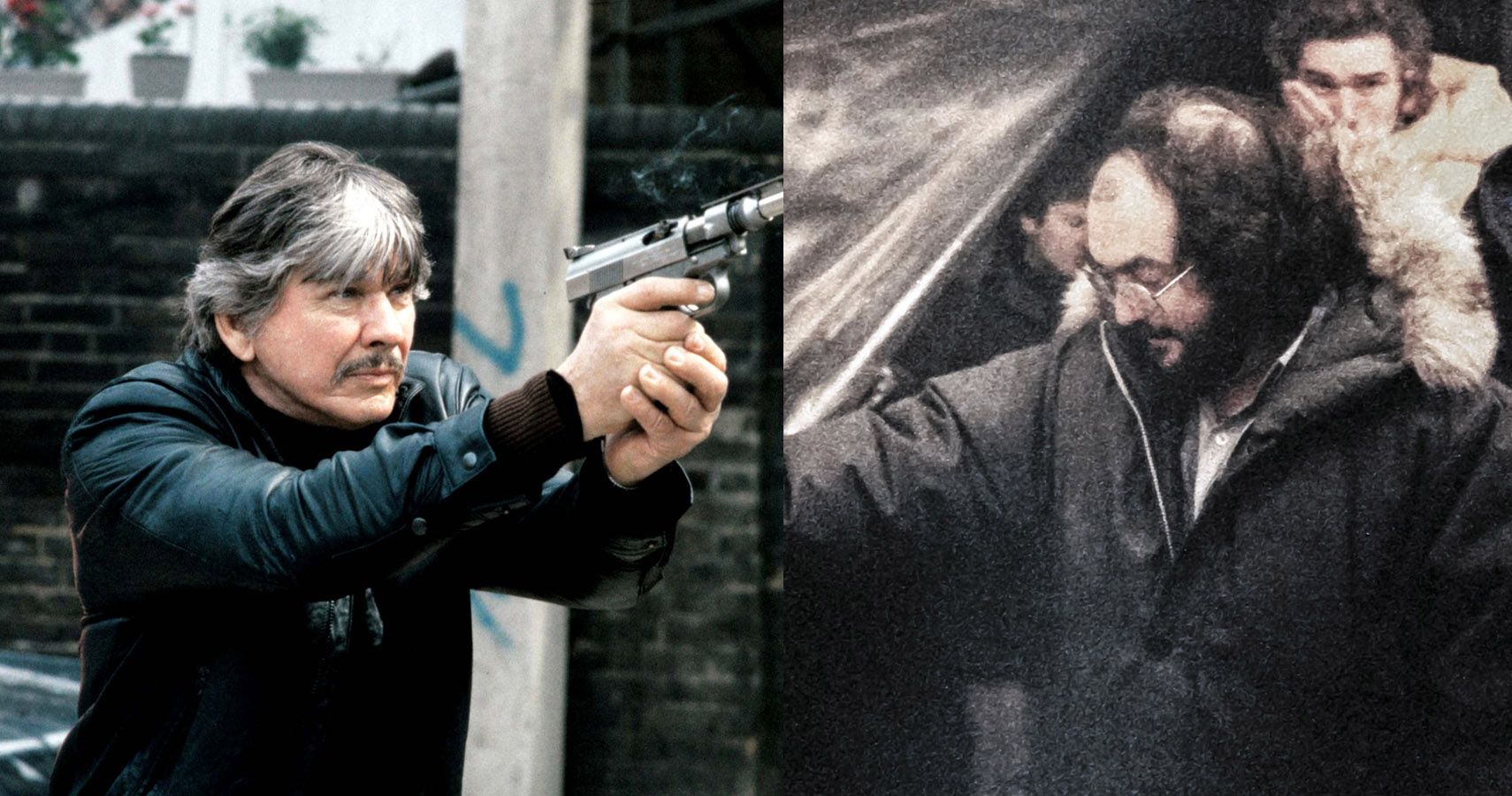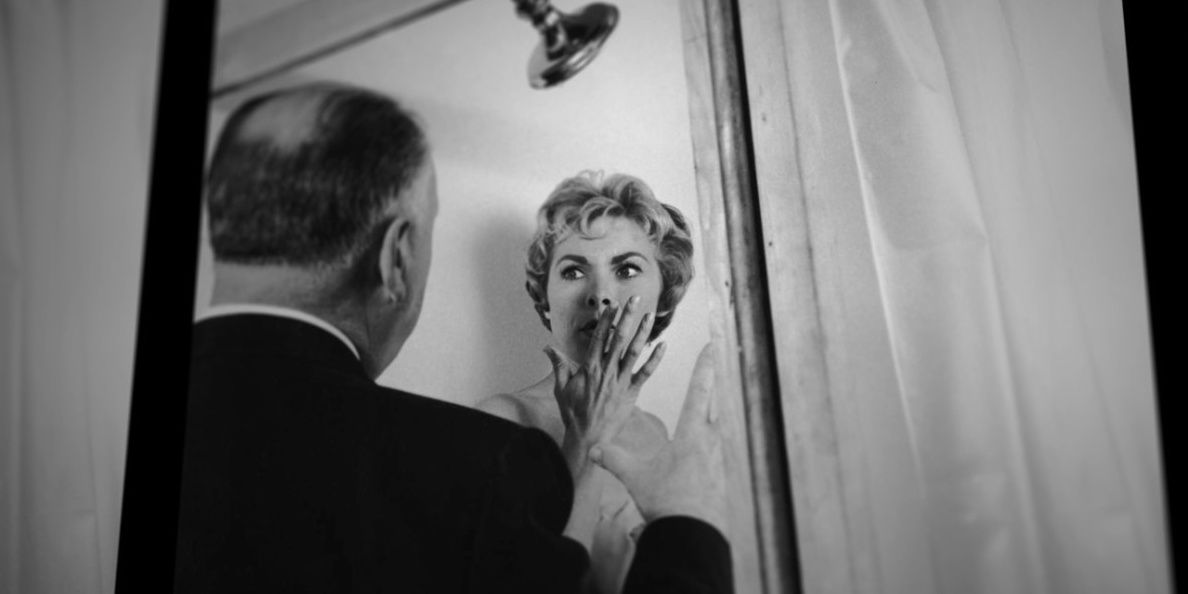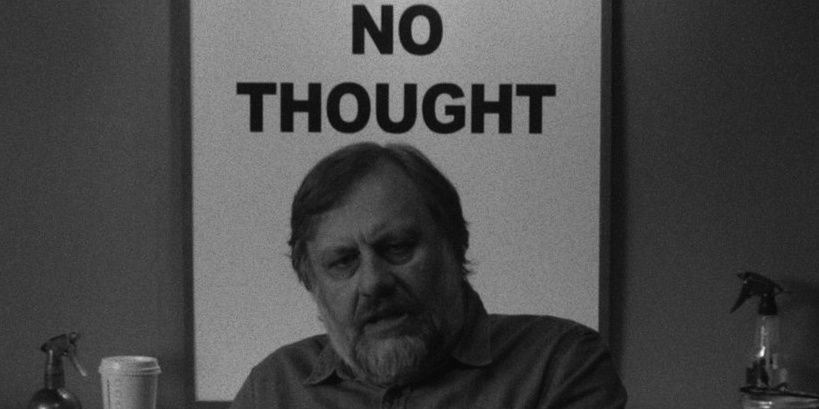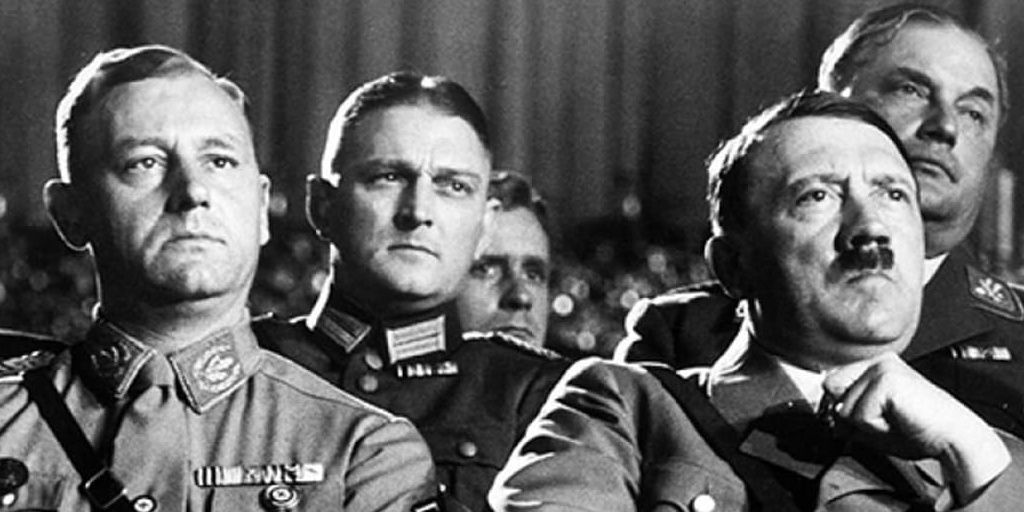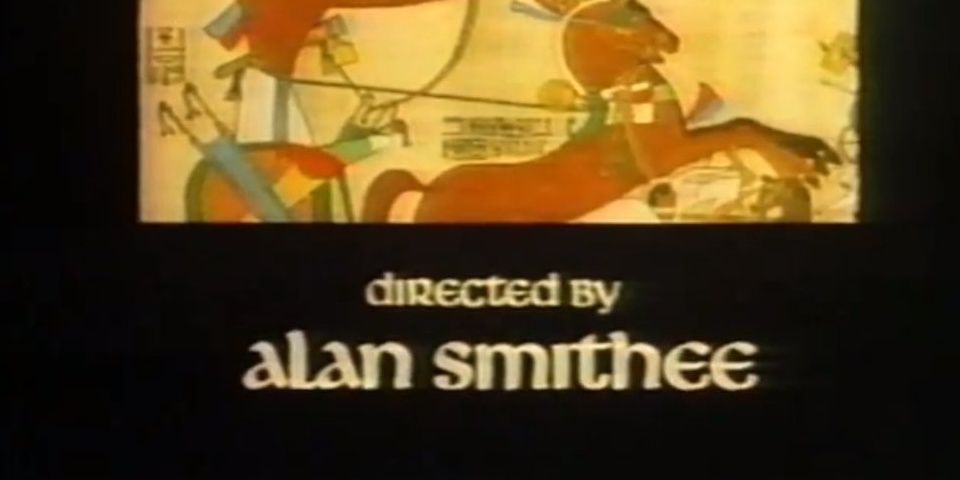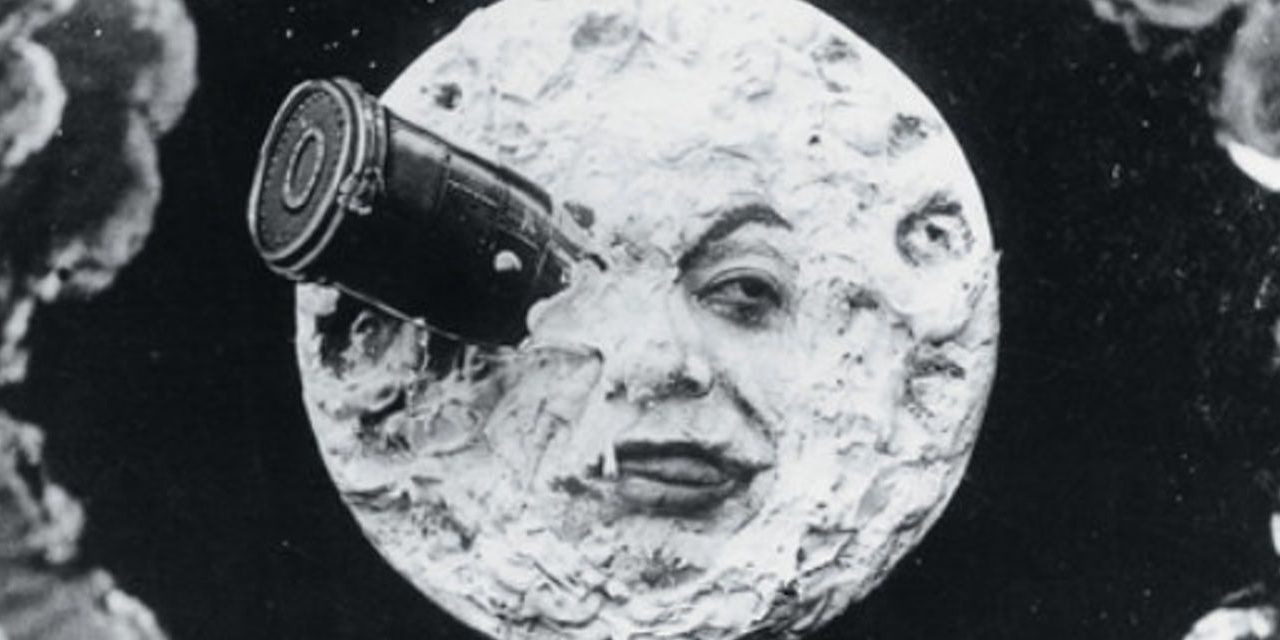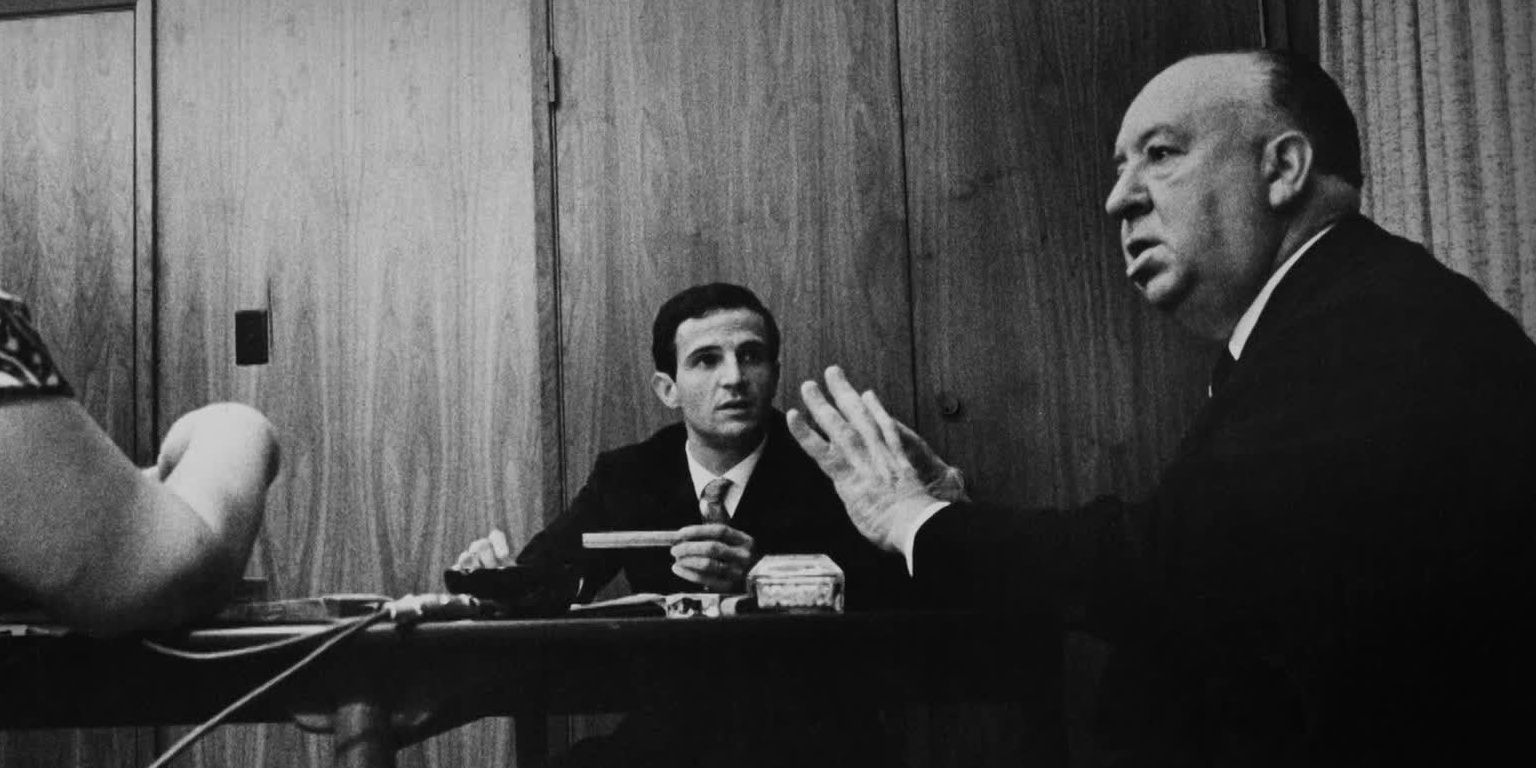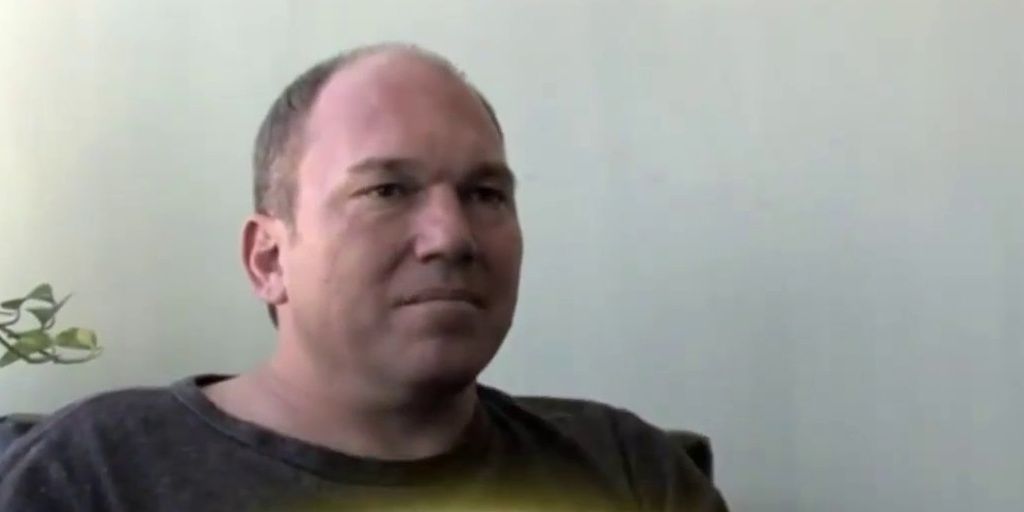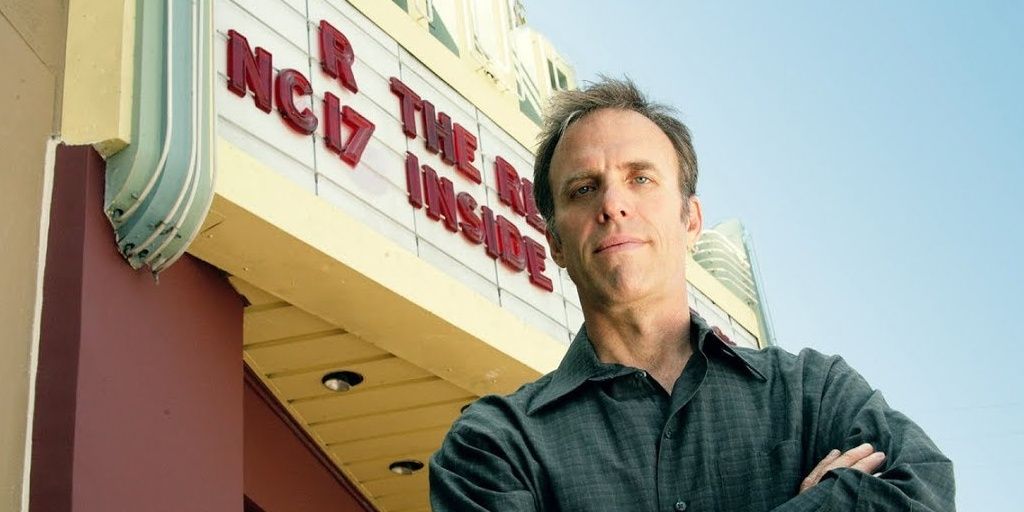Film school isn't all it's cracked up to be, and today it's easier than ever to give yourself an education in the world's most popular artistic medium without sacrificing an arm and a leg. With the advent of streaming, there are more great documentaries on film studies and culture available than ever before. Below we list ten docs all curious film lovers will savor — you should really check these out!
78/52 (2017)
Everyone knows that Alfred Hitchcock changed filmmaking forever with 1960s Psycho, but director Alexandre O. Philippe breaks it down frame-by-frame with 78/52, a documentary that examines the infamous three-minute shower murder that is the film’s centerpiece. Made up of interviews with a veritable cavalcade of film personalities, including Jamie Lee Curtis, Guillermo del Toro, Eli Roth, and Peter Bogdonavich, 78/52 is a masterpiece of analysis in which every frame of the game-changing, legendarily shocking scene is pored over for a fascinating and nerdy masterclass for film buffs.
The Pervert's Guide to Cinema (2006)
In this heady but essential doc, philosopher Slavoj Žižek dissects the hidden messages in some of the finest films ever made. Applying his probing, philosopher’s eye to unearth the obsessions and hangups to everyone’s body of work from David Lynch to Alfred Hitchcock, Žižek is a hilarious and enthralling tour guide through the psychology of cinema.
Hitler's Hollywood (2017)
Rüdiger Suchsland’s follow-up to his 2014 study of German cinema in the Weimar-era (From Caligari to Hitler) tackles one of the most mysterious and dark eras in the country’s history with this survey of cinema produced under Nazi party rule.
Made up of a free-flowing collection of clips from the 1,000+ comedies, musicals, dramas, and outright propaganda films produced under the Third Reich and narrated by the soothing and sardonic Udo Kier, Hitler’s Hollywood is a genius look at the intersection of art and politics from one of history’s darkest periods.
Who Is Alan Smithee? (2002)
There are plenty of docs about specific directors and their process, but Lesli Klainberg’s Who Is Alan Smithee? traces the history of the pseudonym adopted by countless filmmakers who have tried to downplay their involvement in certain projects. Originating in 1969 and last used in the early 2000s, the film explores the strange emergence of the alias and the various reasons directors used it to avoid being associated with films that didn’t go according to plan or for artistic reasons. More than an oddity, Who Is Alan Smithee? is a probing look into the nature of filmmaking and how the demands of a studio can often sully any artistic aspirations a director may have.
The Story of Film: An Odyssey (2011)
Perhaps the most complete and exhaustive history of the 20th century’s greatest art form, The Story of Film: An Odyssey is a 15-part journey from cinema’s beginnings to its outer reaches. Narrated by film historian Mark Cousins, the film is worth investing time in for anyone who wants an overview of movie history as all-encompassing as it is compelling.
Electric Boogaloo: The Wild, Untold Story of Cannon Films (2014)
There are lots of well-respected film studios, but Cannon Films isn’t one of them. And thank the movie gods, because, without Menahem Golan and Yoram Globus, we wouldn’t have such trash classics as Ninja III: The Domination, Death Wish 3, or the wildly entertaining Electric Boogaloo: The Wild, Untold Story of Cannon Films.
Founded by infamous schlock-meisters and cousins Golan and Globus who helped create a modern film industry in their home country of Israel before taking their particular brand of weapons-grade salesmanship stateside, Cannon Films produced some of the strangest, most wildly-entertaining films of the 80s. But filmmaker Mark Hartley (who also brought his kinetic style and to Ozploitation chronicle Not Quite Hollywood) shows that there was so much more to Cannon than mere hucksterism, using clips and interviews to show how Golan and Globus revolutionized exploitation filmmaking.
Hitchcock/Truffaut (2015)
Taking a simple idea and elevating it to essential cinema, Kent Jones assembles a diverse group of voices--from Scorsese to Fincher, to Kurosawa, to Linklater--to discuss the famous meeting that took place in 1962 between Alfred Hitchcock and François Truffaut that cast a light on the cinematic process in 1962. Using the original recordings of the meeting to recreate this almost mythical meeting of minds, Hitchcock/Truffaut is unlike any other examination of auteur theory, told by auteurs themselves.
That Guy... Who Was in That Thing (2012)
From directors Ian Roumain, Michael Schwartz, this documentary explores the frustrating phenomenon of actors who are in everything, yet aren’t household names.
Assembling sixteen actors to chat about the ebbs and flows of their career as they’ve struggled for wider recognition in Hollywood with roles as policemen, bosses, friends, politicians, and everything else imaginable, That Guy... Who Was in That Thing is a love-letter to those stalwart actors who are constantly stuck in the background, but are no less important to the entertainment industry.
This Film Is Not Yet Rated (2006)
Since its inception, The Motion Picture Association of America’s Classification and Ratings Administration (say that five times fast) has been met with the ire and derision of filmmakers, but director Kirby Dick’s This Film Is Not Yet Rated is the very first full-frontal assault against the organization. Exploring the hypocrisy and corruption behind the business of rating movies, Kirby’s film is an important document in the battle against the censorship and regulation of artistic expression in all its forms.
Filmworker (2017)
Leon Vitali had it all in the 60s and 70s as a star on the rise, but he gave it all up when he met Stanley Kubrick. A heartfelt and stirring documentary about the right-hand of one of cinema’s greatest visionaries, Tony Zierra charts Vitali’s career from its early promise to his tutelage by Kubrick and his eventual protector of the director’s legacy after his death. Overflowing with stories, Vitali is a fascinating interview subject and his dedication to the presentational needs of the films of his mentor and friend makes Filmworker an important lesson in our thoughtless streaming era.

